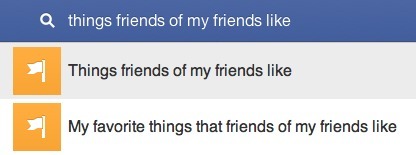My name is Ally Greer. I’m a marketer with expertise in content marketing and curation. You’ve probably never heard of me.
With over 500 million users on Twitter, 175 million on LinkedIn, and over a billion on Facebook, you probably haven’t heard of most people on the Internet. The bad news is that this also means most of those people probably haven’t heard of you either.
That said, I’m certainly not here to tell you how flooded the Internet is and discourage you from jumping into the information pool. In fact, I’m telling you to do the exact opposite. Although it isn’t likely that all 500 million people on Twitter will be following you by the time you’re finished reading this (or ever), there are a few ways to look what we call “information overload” right in the face and use it to your advantage.
In a digital world characterized by an overwhelming amount of noise, everyone is struggling to find relevant content from people and brands with an expertise on a specific subject. Content curators are the ones who step up to the plate.
According to Michael Brenner, cofounder of Business 2 Community, content curation is the process of identifying relevant content for your audience from multiple sources, modifying or editing that content to reflect the needs of your audience and delivering the content to the appropriate channels of distribution.
The truth is, you’re probably already curating content. Do you share links on Twitter? Do you Retweet content that you find interesting? Do you write blogposts referencing content that’s been created by others? If so, you’re a curator. You know what you’re talking about, you know where the best content on your topic of expertise is, and you put it together for the world to see. But, the question still looms: if no one knows who you are, how will they find it?
Read More









 The recent deal between Flipboard and the New York times clearly sets a precedent. Some hate it, some support it. I think that beyond its legitimacy we should think about what this means for the future of digital news publishing and put that in perspective by comparing it with what the music industry did.
The recent deal between Flipboard and the New York times clearly sets a precedent. Some hate it, some support it. I think that beyond its legitimacy we should think about what this means for the future of digital news publishing and put that in perspective by comparing it with what the music industry did.



